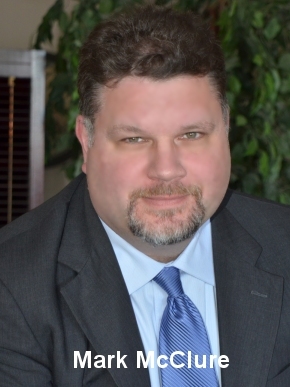Submitted by McClure Law on
Each worker injured in the course of his/her employment, or that arises out of employment, shall receive workers’ compensation benefits. Meaning the employee must be acting at the employer’s direction or in furtherance of the employer’s business. Employees’ are covered during his/her lunch period while on the premises of the employers’ business or work process in which the employer is then engaged.
Industrial Insurance covers travel time to or from work only if the employer provides the means of transportation, reimburses for transportation costs, or receives some benefit as a result of the commute.
Benefits Available for Worker’s Injured on the Job
If an employee suffered a work-related injury or disease and their claim is accepted by the Department or self-insurer, then industrial insurance is available to:
- Pay for medically necessary treatment for hospital, doctor visits, surgery, medication, and other health care services such as crutches, artificial limbs, glasses, and hearing aids.
- Reimburse for travel expenses if a worker must travel more than 15 miles one-way to receive adequate health care services, vocational services, or retraining.
- Replace a percentage of wage loss while the worker’s injury prevents him or her from returning to work.
- In certain cases, provide vocational and retraining services, and return-to-work assistance.
- Provides permanent partial disability awards to workers who sustain permanent loss of bodily function.
- Provides pensions to workers who can never return to work or to the families of workers who die due to a work-related injury or disease.
- Pays for home, vehicle, and workplace modification.
Time Limitations for Filing an Industrial Insurance Claim
For a claim to be valid and compensable, an injured worker must file an injury claim with Department of Labor & Industry within one year after the day upon which the injury occurred, or for an occupation disease, within two years following the date the worker had written notice from a physician or licensed advanced registered nurse practitioner of the existence of his/her occupational disease, and that a claim for disability benefits may be filed. Claims for hearing loss due to occupational noise exposure must be filed within two years of the date of the worker’s last injurious exposure to occupational noise in employment or within one year of September 10, 2003, whichever is later. A claim due to hearing loss that is not timely filed can only be allowed for medical aid benefits.
Employers and employees both have the right to appeal the determinations made by the Department to the Board of Industrial Insurance Appeals. The Board is a quasi-judicial agency which operates in the same manner as a court and applies the same rules of civil procedure and evidence. Deadlines are critical and an employer/employee typically has 60 days after receipt to object or appeal a decision or from the Department. Failure to respond will forever bar the employer/employee from challenging the decision/order.
Determining Work-Relatedness for Occupational Diseases
When a sudden traumatic event producing immediate injury occurs on a specific date, work-relatedness is rarely disputed by the Department. However, occupational disease cases generally need a logical, causal link between the diagnosed disease or infection and the worker’s job. Examples of occupational diseases include occupational carpal tunnel syndrome and noise-induced hearing loss. Since these conditions may arise from many sources, including non-work related activities simply identifying an association with workplace activities is not, in itself, adequate evidence of a causal relationship between the job and the injury. To establish a diagnosis of a work-related injury or condition the following criteria must be met:
- A physician must present an opinion that work conditions, on a more-probable-than-not basis (a greater than 50 percent chance), are the cause of the illness or have temporarily or permanently aggravated a pre-existing condition; AND
- Objective medical findings must support the diagnosis; AND
- The disease must arise “naturally and proximately” out of employment.
If you have been injured in an accident at work or if you have an occupational illness, you deserve protection. Call our office today to talk Attorney Mark McClure.
Call 253-631-6484. We don’t get paid unless you get paid.


